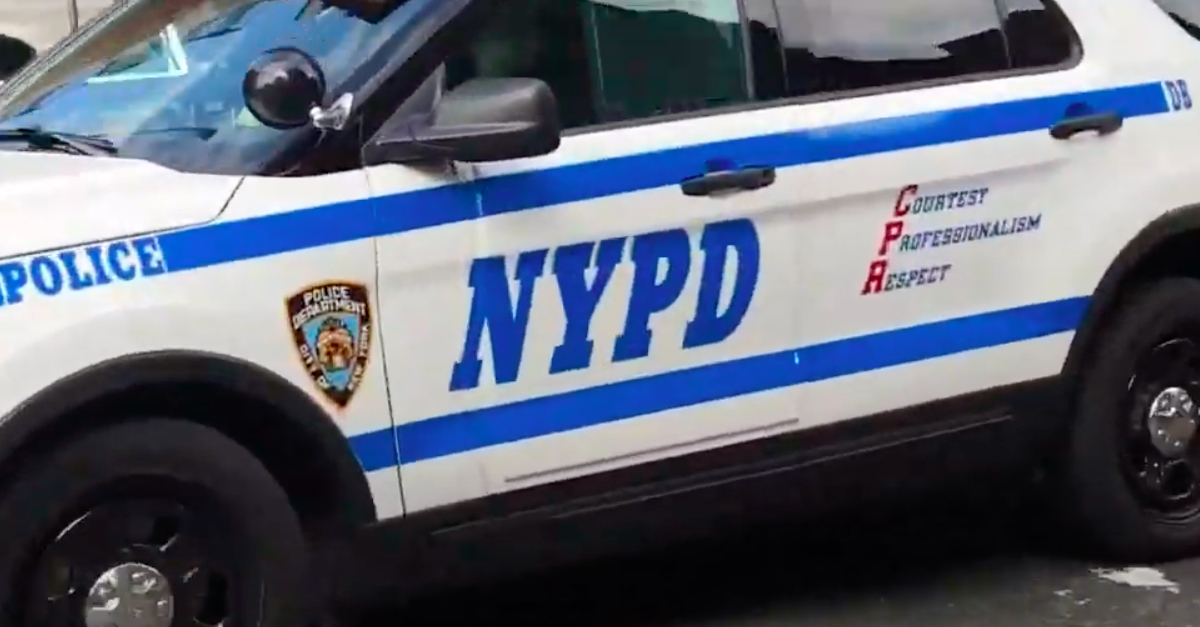
Nearly a year after the New York City Police Department changed their policy to permit religious head coverings in booking photographs, a federal judge gave that the weight of court precedent in a ruling advancing claims by Muslim women allegedly forced to remove their hijabs.
“Does the United States Constitution permit the [NYPD] to require an observant Muslim woman to remove her hijab when sitting for an arrest photo?” U.S. District Judge Analisa Torres asked in the opening lines of her 18-page ruling.
“The Court holds that it does not,” she immediately answered.
The ruling affirms that the NYPD’s recent policy change did not avert a lawsuit by Muslim women Jamilla Clark and Arwa Aziz, who sued the department along with the civil rights group Turning Point for Women and Families in 2018.
Their lawyer Andrew F. Wilson, a partner at Emery Celli Brinckerhoff Abady Ward & Maazel, called the decision “important” and “ground-breaking.”
“This is an important, ground-breaking recognition that the First Amendment protects religious head covering during arrest photographs,” Wilson told Law&Crime in a statement. “Our work to obtain compensation for the thousands of people affected by the old policy continues.”
Though the Muslim women’s lawsuit spurred the policy change, the shift affected religious headwear across all denominations, including those worn by Sikhs and Jews.
Judge Torres found the now-shelved policy counter to religious freedom and the NYPD’s own investigative interests.
“Allowing an arrestee to maintain her ordinary appearance in a Booking Photograph does not undermine the legitimate interest of keeping a photographic record of arrestees,” she wrote. “The United States Department of State, the USCIS, and the New York State Department of Motor Vehicles all allow religious head coverings in photographs used for identification.”
Other local police departments across the United States also adopt this policy, and those that have not also have faced litigation.
“Police departments in Michigan, California, Minnesota, and Maine also allow arrestees to wear religious head gear while sitting for a mug shot,” wrote Torres, adding in a footnote that law enforcement in Dearborn Heights, Mich. prevents the release of booking photographs of Muslim women without their head coverings.
The November settlement that led to the NYPD’s policy change to align more closely with the other police departments late last year did not resolve claims for monetary damages, which Torres advanced on Friday.
Attorney Albert Fox Cahn, who also represents the women as executive director for Surveillance Technology Oversight Project, also celebrated the ruling.
“This opinion holds that the NYPD cannot violate our Constitution with impunity,” Cahn wrote. “We’re proud to have ended the Department’s abusive practices, but the fight goes on to get justice for the New Yorkers previously stripped of their head coverings and their rights.”
She noted that permitting religiously devout people to wear their usual clothing has sound practical purposes, along with civil rights ones.
“Plaintiffs correctly observe that arrestees who do not wear a head covering are equally capable, if not more capable, of making changes to their appearances after a Booking Photograph by switching hairstyles or facial jewelry,” the opinion and order states. “In fact, photographing the arrestee in her ordinary appearance likely furthers law enforcement’s interest in identification-rather than impeding such interest-because arrestees who have a sincere religious belief that requires them to wear a head covering are likely to be wearing that same covering when the need to identify them arises.”
Clark and Aziz can pursue their claims under the Religious Land Use and Institutionalized Persons Act and the free exercise clause of the First Amendment to the U.S. Constitution and the New York State Constitution. The judge rejected the claim for punitive damages.
New York City Law Department spokesman Nick Paolucci said the city disagreed with the court’s finding.
“NYPD has a new head covering policy that permits individuals to leave on their religious head coverings except in very limited circumstances,” Paolucci told Law&Crime in an email. “The policy is more progressive than the policies in most other large police departments in the nation.”
Update—Sept. 17 at 8:01 p.m.: This story has been updated to include comment from the plaintiffs’ legal team.
Read the ruling below:
(Image of NYPD vehicle via YouTube screengrab)